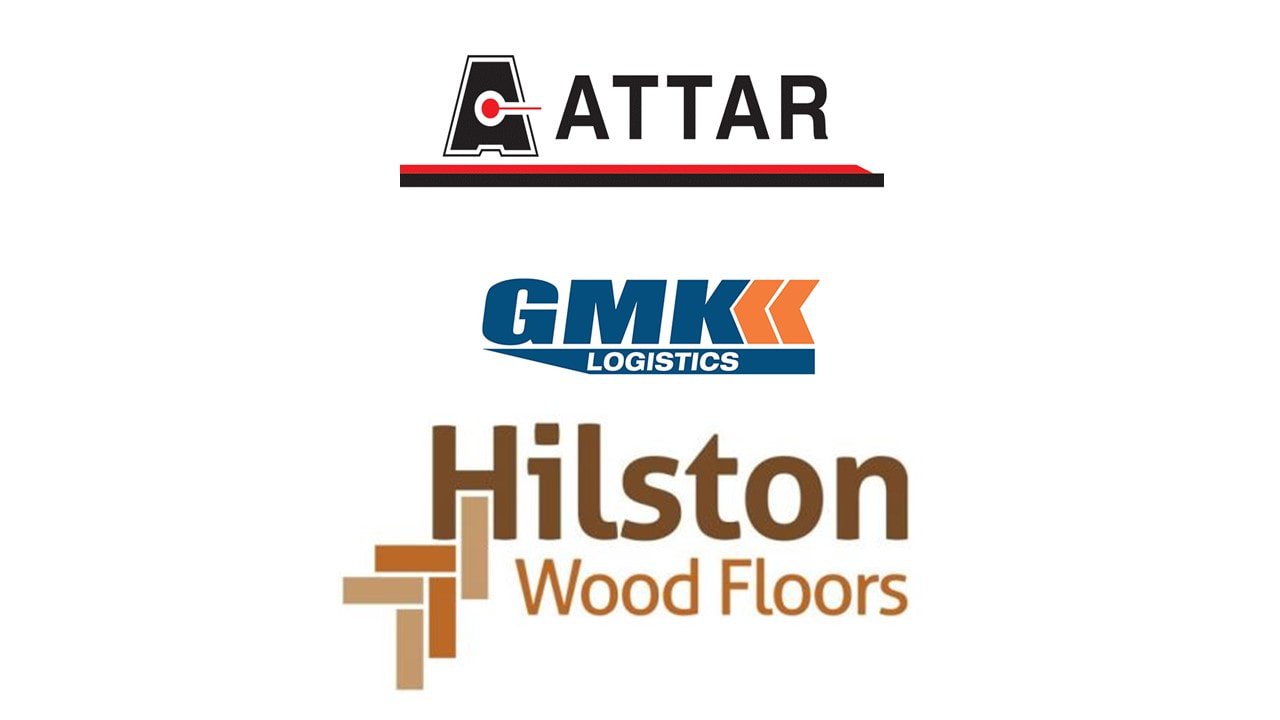floorcovering suppliers back waste recovery scheme ResiLoop
1 November 2023
|
Fifteen leading suppliers of resilient floorcoverings to the local market have committed to provide funding support for ResiLoop, Australia’s first national stewardship scheme for resilient flooring.
ResiLoop is a new product stewardship scheme focused on recycling research and development to address the challenges presented by past, current and future consumption of resilient floorcoverings in Australia. With funding from the Australian Government, ResiLoop was initiated by the Australian Resilient Flooring Association (ARFA) in 2022 and a proposed approach released in May 2023 to start addressing the 60,000 tonnes of flooring waste generated annually from installation and end of use. Resilient floorcoverings such as sheet vinyl, linoleum or rubber, Luxury Vinyl Tiles and hybrid tiles, are durable products with use lifespans of 30 years or so. The market for these products has grown significantly over the past decade, largely through imports. With a target start date of late 2024, key to implementing the scheme is confirming local end markets for the recyclate. ARFA sought industry investment to continue ResiLoop’s research and manufacturing trials and to begin the preparation for scheme start-up. ARFA President, Dan Lovell said “We are pleased to announce that all of ARFA’s members, representing 60 per cent of market sales nationally, have agreed to provide financial contributions proportionate to their sales to support this ongoing work.” “We really appreciate the commitment from these companies, the willingness to step up and make this investment to help drive a circular future for floorcoverings in Australia. These companies become the Founding Members of ResiLoop Limited, the product stewardship organisation which will manage the scheme.” ResiLoop Limited has now been incorporated as a not-for-profit product stewardship organisation. As the inaugural chair of the organisation, Chris Barker, Managing Director of Forbo Floorcoverings explained the next steps of the scheme citing the support of industry the key to success. “ResiLoop is now in the transition phase, where it moves from being an industry proposed concept to a live scheme.” Over the next six months, current re-manufacturing trials will be continued and new, potential end applications for the recyclates will be explored with interested parties. The governance arrangements for Resiloop Limited will also be planned in consultation with Founding Members. “None of this would be possible without the ongoing support of the Australian Government and the commitment of product suppliers to work collaboratively towards a solution,” Chris said. “Together, it gives us an opportunity to explore all potential avenues for recycling these materials in Australia.” “If others in the market are interested in getting involved, they’re welcome to contact us.” The Founding Members of ResiLoop Limited are: Altro APAC, Amtico International, Armstrong Flooring, Forbo Floorcoverings, Gerflor Australasia, Interface Australia, Karndean International, Kenbrock, Milliken (Australia), Pegulan Floor Coverings, Polyflor Australia, Shaw Contract Group, Signature Floorcoverings, The Andrews Group and Tarkett Australia. For media enquiries please contact: Reagan Ruppell | Dentsu Creative PR | 0426 134 739 | [email protected] About ResiLoop ResiLoop is an initiative of ARFA to research and design an Australian resilient flooring product stewardship scheme. The project received funding from the Australian Government through the National Product Stewardship Investment Fund. ResiLoop has developed a business case, supported by proof of concept trials, for a national scheme supported by the industry in Australia. Based on material flow analysis of locally made and imported products consumed in the domestic market, it will address the logistics of recovering and sorting flooring waste streams, development of suitable recycling technologies and processes to produce recyclate of optimal quality, and identification and development of viable end markets for the material in Australia. |


